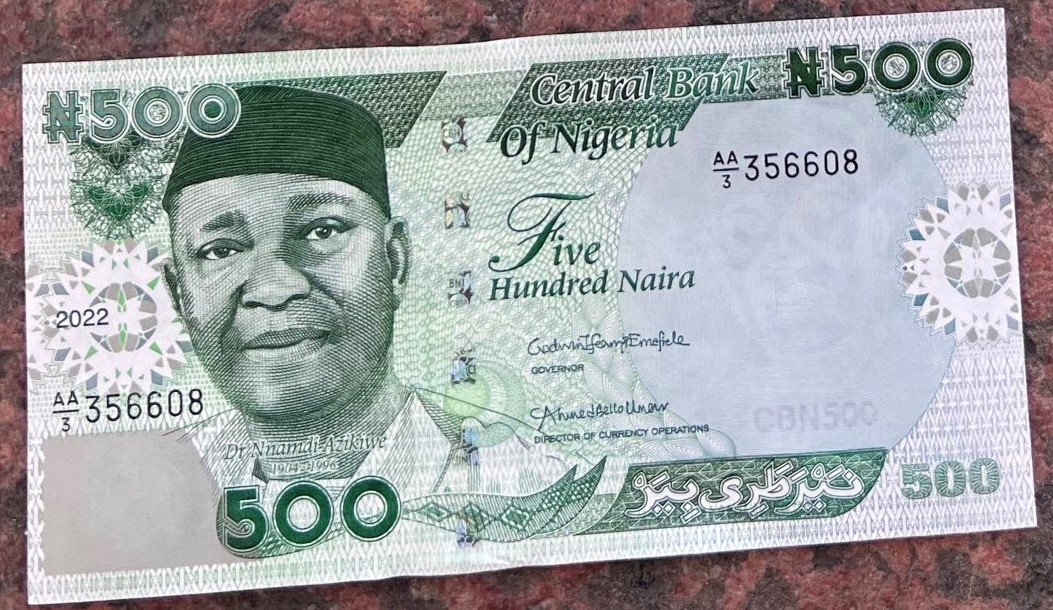The South West geopolitical zone of Nigeria has long been a major player in the country’s internally generated revenue (IGR), but over the years, the distribution of this economic contribution has shifted significantly among its six states, according to data from the National Bureau of Statistics, 2023.
By comparing the geopolitical zone’s IGR contributions in 2007 (48.62%) and 2023 (50.41%), we can see how both the zone and its individual states have evolved economically.
States Contribution to South West IGR in 2007 and 2023
1) Lagos: 85.69% | 73.04%
2) Oyo: 5.04% | 4.72%
3) Ogun: 3.62% | 13.15%
4) Ondo: 2.52% | 3.72%
5) Osun: 2.1% | 2.5%
6) Ekiti: 1.03% | 2.87%
Changes in Individual State Contributions to the South West IGR
Looking at the breakdown of each state’s contributions to the South West’s IGR, the data reveals interesting shifts over time:
Lagos State
Lagos has historically been the powerhouse of Nigeria and the zone, contributing a whopping 85.69% of the South West’s IGR in 2007.
However, by 2023, its share dropped to 73.04%. Despite the decline, Lagos remains the dominant state, driving the region’s economic engine. This reduction reflects the growing IGR contributions from other states, indicating economic diversification across the zone.
Ogun State
Ogun has seen significant growth, increasing its share from 3.62% in 2007 to 13.15% in 2023. This rise reflects Ogun’s ongoing industrialization and business-friendly policies, making it an increasingly attractive destination for businesses and manufacturing firms that are helping boost its revenue generation.
But one would have expected Ogun state to have done better considering the concentration of industries in the state and its nearness to Nigeria’s commerical city of Lagos.
Oyo State
Oyo’s contribution slightly decreased, from 5.04% in 2007 to 4.72% in 2023. While the drop may seem minor, it suggests the need for more focused economic initiatives to regain competitive standing within the region.
Ondo State
Ondo showed steady improvement, contributing 2.52% in 2007 and rising to 3.72% by 2023. This uptick can be linked to its focus on resource-based industries, including agriculture and crude oil exploration.
Ondo is not doing enough to expand its IGR. This is a state that should exploiting its water resources and abundant resources in the state. It should do more in attracting investors.
Ekiti State
Ekiti’s IGR share nearly tripled, moving from 1.03% in 2007 to 2.87% in 2023. This positive trend is a testament to the state’s efforts in education, agriculture, and small-scale industry development, although there remains room for further growth.
Osun State
Osun’s contribution increased slightly from 2.1% in 2007 to 2.5% in 2023, even though it is commonly referred to as a ‘civil servant’ state. Though modest, this growth reflects gradual economic progress. As with Ekiti, further investments could help boost its share in the zone’s IGR.
A Shift Towards Economic Diversification
The data shows that, while Lagos continues to lead, other states are beginning to make notable contributions to the South West’s IGR.
Ogun’s rapid rise in contribution exemplifies the benefits of strategic industrial policies and infrastructure development, creating a more balanced economic landscape within the region.
Conclusion:
The South West’s increased IGR contribution from 48.62% in 2007 to 50.41% in 2023 underscores its role as a key economic driver in Nigeria. Yet, within the region, the story is one of change and adaptation.
While Lagos remains a critical economic hub, the growing contributions from states like Ogun, Ondo, and Ekiti are helping to reshape the regional economic landscape, signaling a shift towards a more diversified and robust economic future for the South West zone.
Osun, Ogun, Oyo, Ondo, and Ekiti should emulate the agriculture policies of the former Premier of the Old Western region Chief Obafemi Awolowo.
In the 1960s, Awolowo built evergreen infrastructure using revenue from cocoa and other agriculture produce. Governors of these states should sit up and tap the resources on the doorstep.


